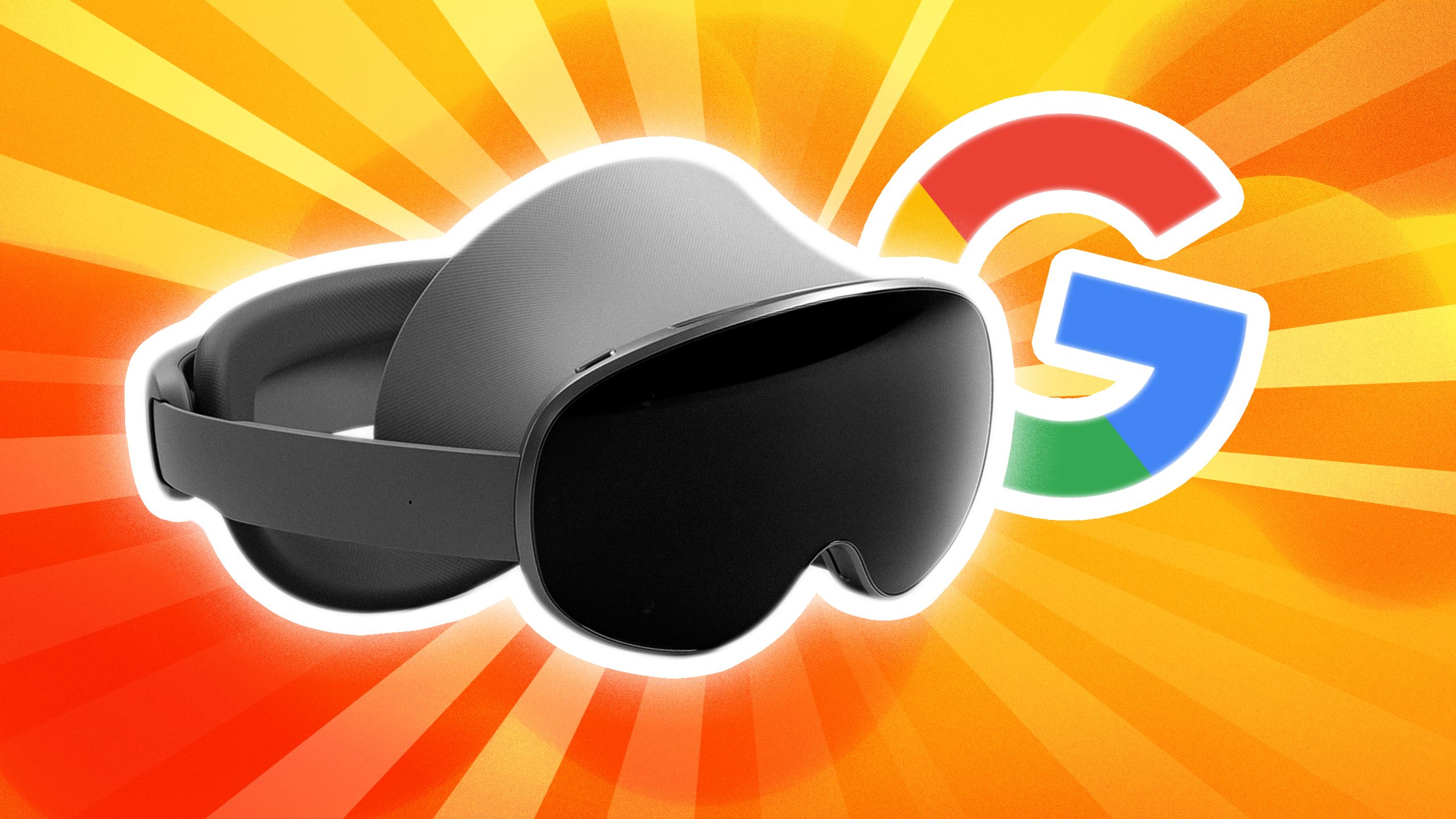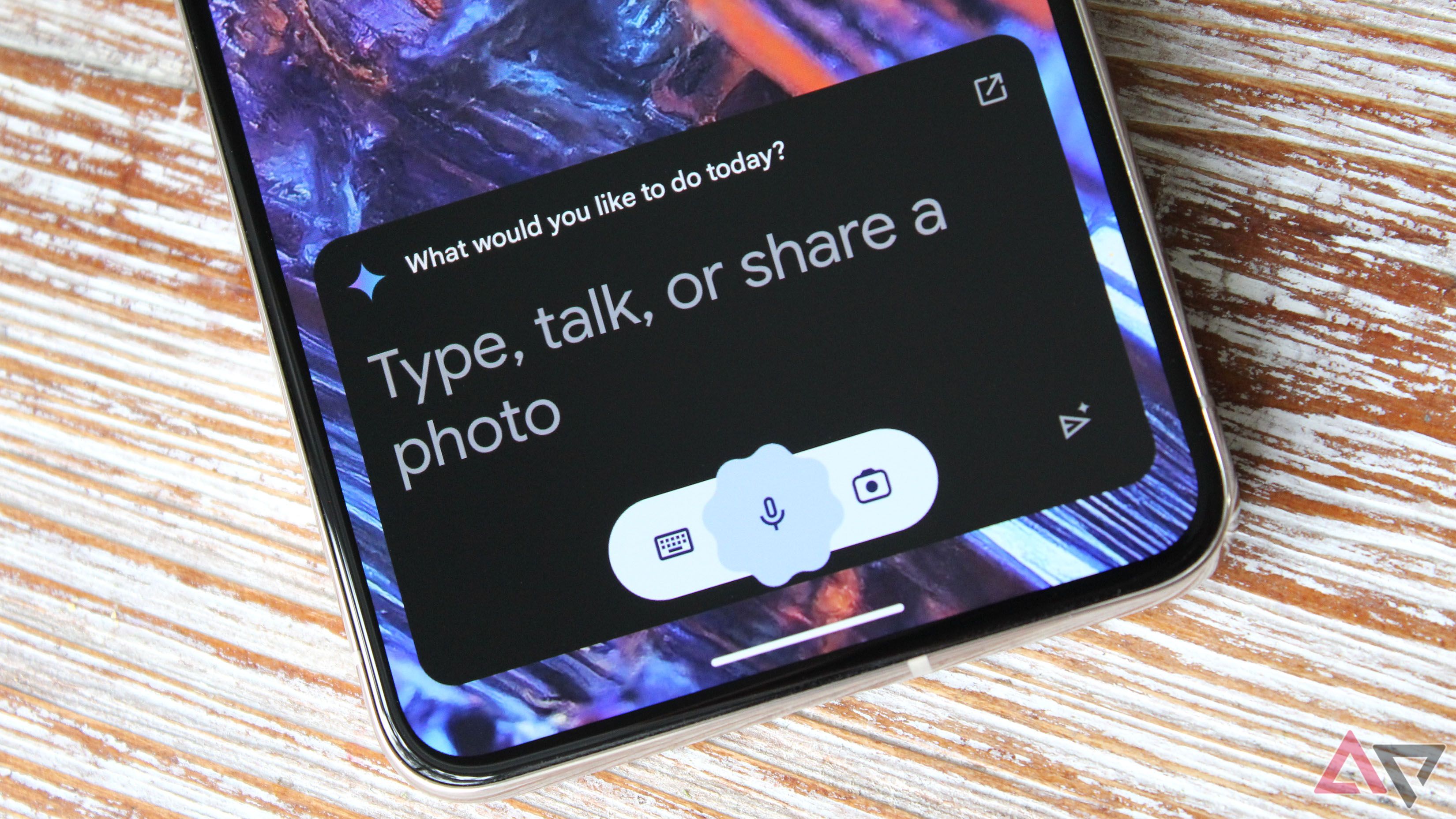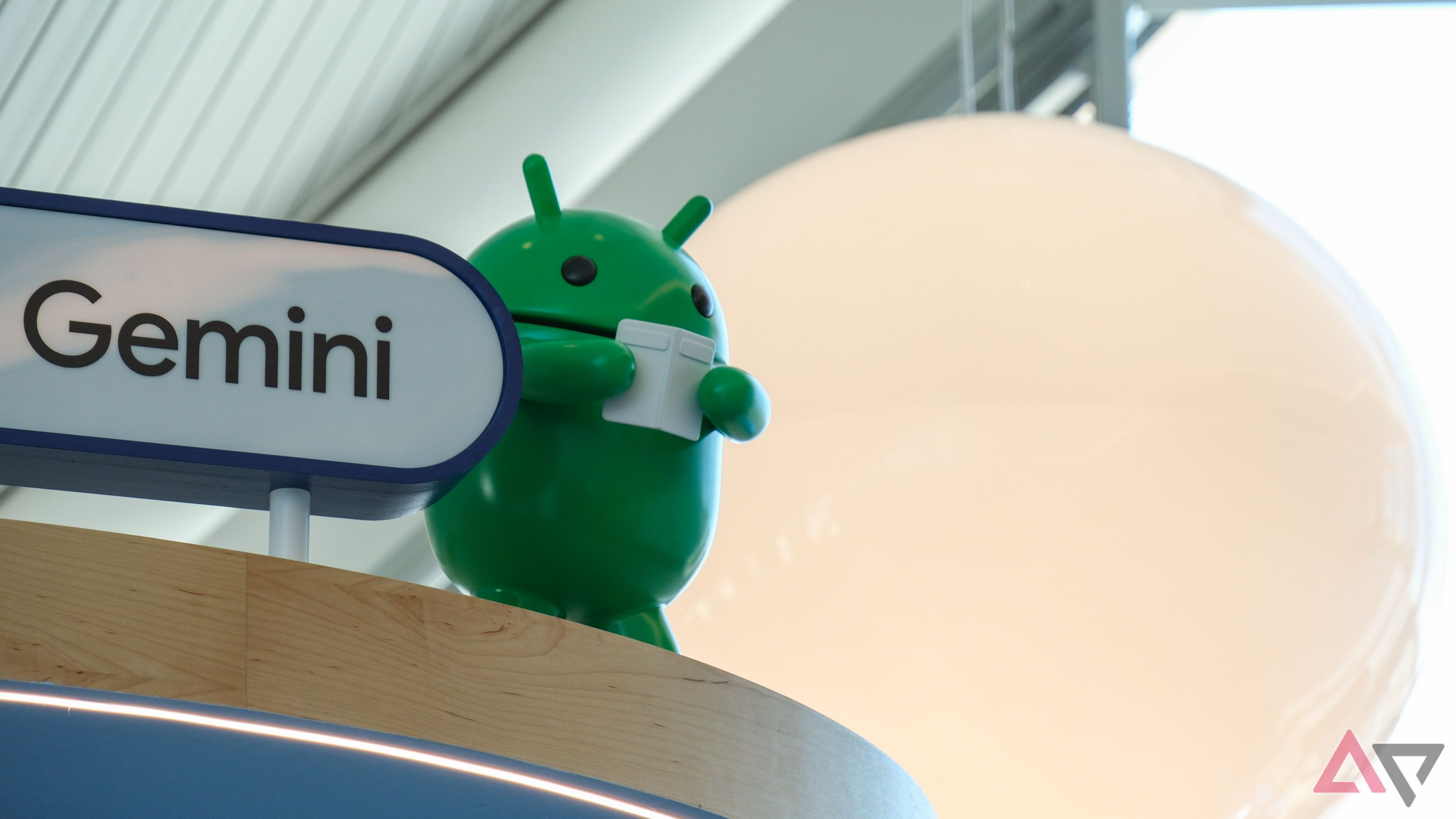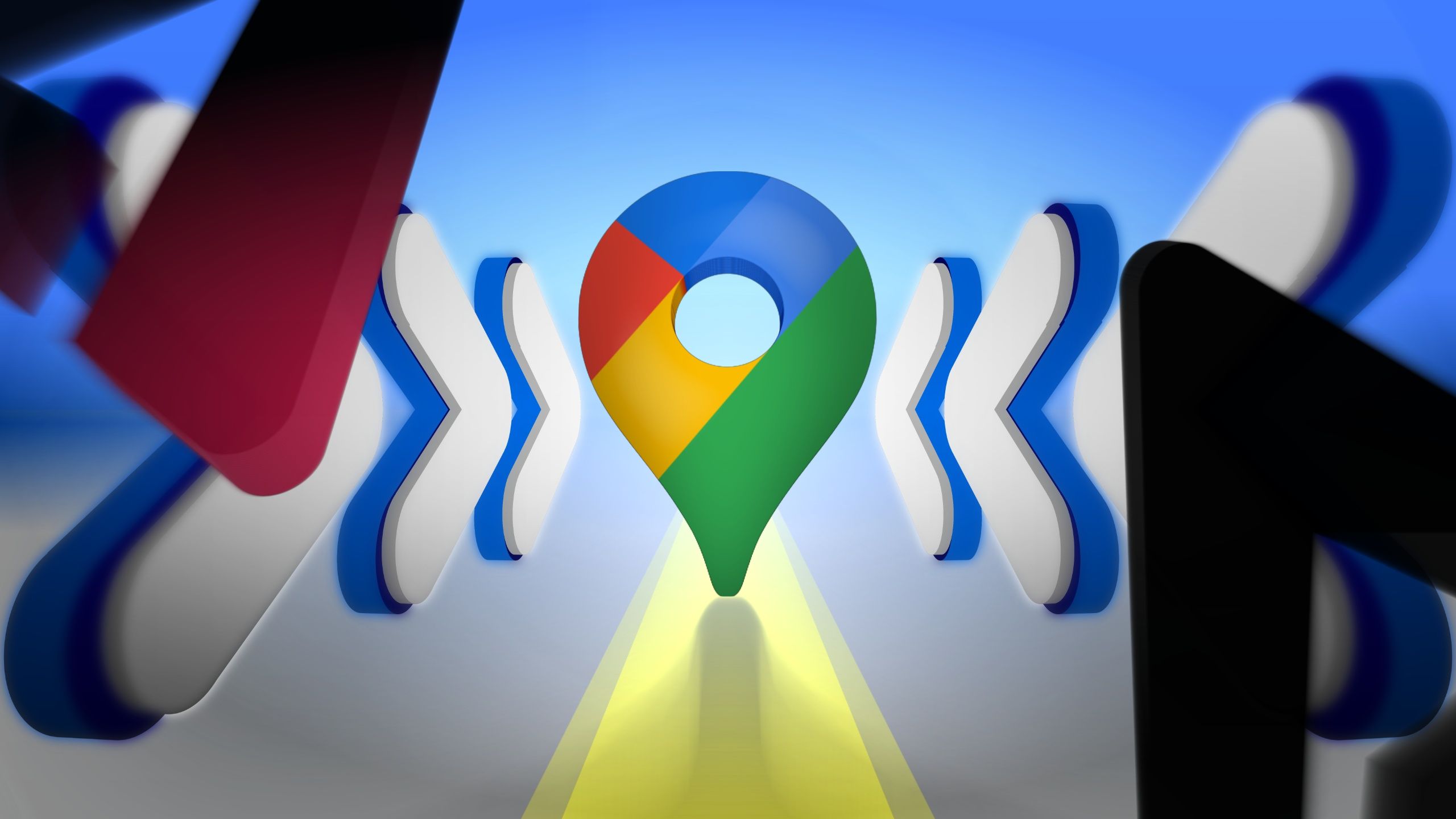Just when we were thinking there was a version of Android for everything — touchscreen devices, cars, TVs, you name it — Google went and shook up the consumer electronics industry again. Even after the Apple Vision Pro’s lukewarm reception, it’s clear that mixed reality is still the next frontier in tech, and Google thinks Gemini’s multimodal nature makes it perfectly suited to lead the expedition.
The week in mobile was headlined by Google’s new Android XR platform, but there was a lot of adjacent news around Gemini as well. Plus, Google Maps added new data as it got ready to delete the old, and Pixel phones learned a charging trick from the likes of Samsung and Asus with the December Feature Drop.
Last week’s roundup
All the updates held back by Thanksgiving drop at once in last week’s news
Android 15 for all, Android 19 for some
Android goes virtual
The next version of Android is here, but there isn’t any hardware to try it on quite yet — at least publicly. On Thursday, Google debuted Android XR, the OS it wants mixed reality OEMs to use in their next AR or VR headsets. From the looks of things, there are two broader UIs meant to fit different hardware: One for VR headsets with video passthrough, which looks a lot like the UI on the Apple Vision Pro, and a second, more minimal interface for AR glasses.
Regardless of which UI is in use, Gemini is front and center. A live demo of Android XR on Samsung’s VR headset, Project Moohan, showed off how right-at-home Gemini AI looks on the new operating system. Gemini 2.0’s ability to natively process audio and video (more on that later) really starts to shine when you give the AI eyes to augment your own. Which is a boon for the fledgling platform, because as it stands, there aren’t a ton of apps and games ready to go on launch day.

Main Story
Google wants Android XR to power your next VR headset and smart glasses
Google Glass and Daydream VR nod in approval
Okay Google, say goodbye?
Somewhat lost in the hubbub around Google launching an entirely new OS was an entirely new hotword: Those Android XR demo videos showcase a person summoning Google’s digital assistant using the words “Hey Gemini” instead of the usual. This wasn’t completely unexpected after Google billed the new OS as the “first Android platform built for the Gemini AI era,” but it was the first time since the Moto X “OK Google Now” days that a hotword other than “Hey Google” or “OK Google” was used officially.
For people who find Google’s name to be a bit of a tongue twister, “Hey Gemini” should certainly provide some lingual relief. But we shouldn’t get too ahead of ourselves — so far, the new hotword has only been seen on Android XR, and there’s no word on if it might come to Google’s Android assistant. But the writing might just be on the wall, as Google was spotted later in the week rolling out some new Gemini functionality to its Nest smart speakers.

Main Story
Hey Gemini: Google’s hotword gets a refresh in official teaser video
Is ‘Hey Google’ on its way out?
Gemini 2.0 is ready for the AI agents (and VR headsets) era
AI news is all about the buzzwords, so let me give you a refresher in case you haven’t been keeping up. This time last year, “multimodal” AI was all the rage, as Google pounded its chest about building Gemini from the ground up with the idea that it should be able to seamlessly handle multiple modes of input and output, not just text. Lately, AI “agents” have been the obsession, with many in the industry envisioning a not-so-distant future where LLMs and chatbots could step outside their browser windows to perform menial tasks on your behalf.
This week, Gemini 2.0 arrived to make one heck of a buzzword salad. Google’s newest models can handle images and audio natively, meaning they don’t have to be converted into text before the LLM can understand them. This and the usual iterative performance improvements have Google proclaiming that Gemini is now ready for the agentic era. But judging by the AI’s commanding presence in all the Android XR videos, your next set of AR glasses might just benefit more from Gemini 2.0’s new native powers.

Main Story
Google unleashes Gemini 2.0 with new image and audio powers for the AI agent era
Almost exactly one year after Gemini 1.0
Google updates Pixels with a new power
Last week, all the updates held back by Thanksgiving rushed in at once. Among those was the December 2024 Pixel Feature Drop, which finally started hitting phones on US carriers this week. One of the more practical features was a new option meant to help preserve the lifespan of your battery by preventing it from charging past 80%, if you so choose.
As it turns out, there was a secondary battery-prolonging benefit to this new feature: When enabled, your Pixel can now run off wall outlet power alone. Known as bypass or passthrough charging when it was seen before on Samsung and Asus phones, the difference is that when this mode is active, your Pixel’s battery isn’t receiving current — instead, the AC adapter is used to directly power the phone while in use. For heavy users who multitask while connected to a charger, this new capability has the potential to cut battery wear drastically.
Google Maps gets unlikely new data as it prepares to delete the old
Google Maps is solving one of its biggest challenges in the UK by tapping into an unlikely new data source: Dashcam video. With construction zones rerouting streets and speed limits being tweaked along the way, Google needs to constantly update the data Maps uses for navigation. To do that, it has now partnered with two dashcam OEMs to create an opt-in program that sends videos of recent drives to Google for analysis.
Meanwhile, it was in with the new, out with the old, as Google announced a (new) shutdown date for Maps Timeline’s automatic cloud backup. As it stands, Google often has to turn this data over to law enforcement when investigating crimes, so the company wants to switch to an entirely on-device model for the sake of privacy (and surely its legal department’s sanity). This will now happen in June of next year, so you have until then to migrate your old Timeline history to the new on-device model.

Main Story
Google Maps now harvests dashcam imagery to update changing road conditions
Only in the UK from opt-in partners, for now

